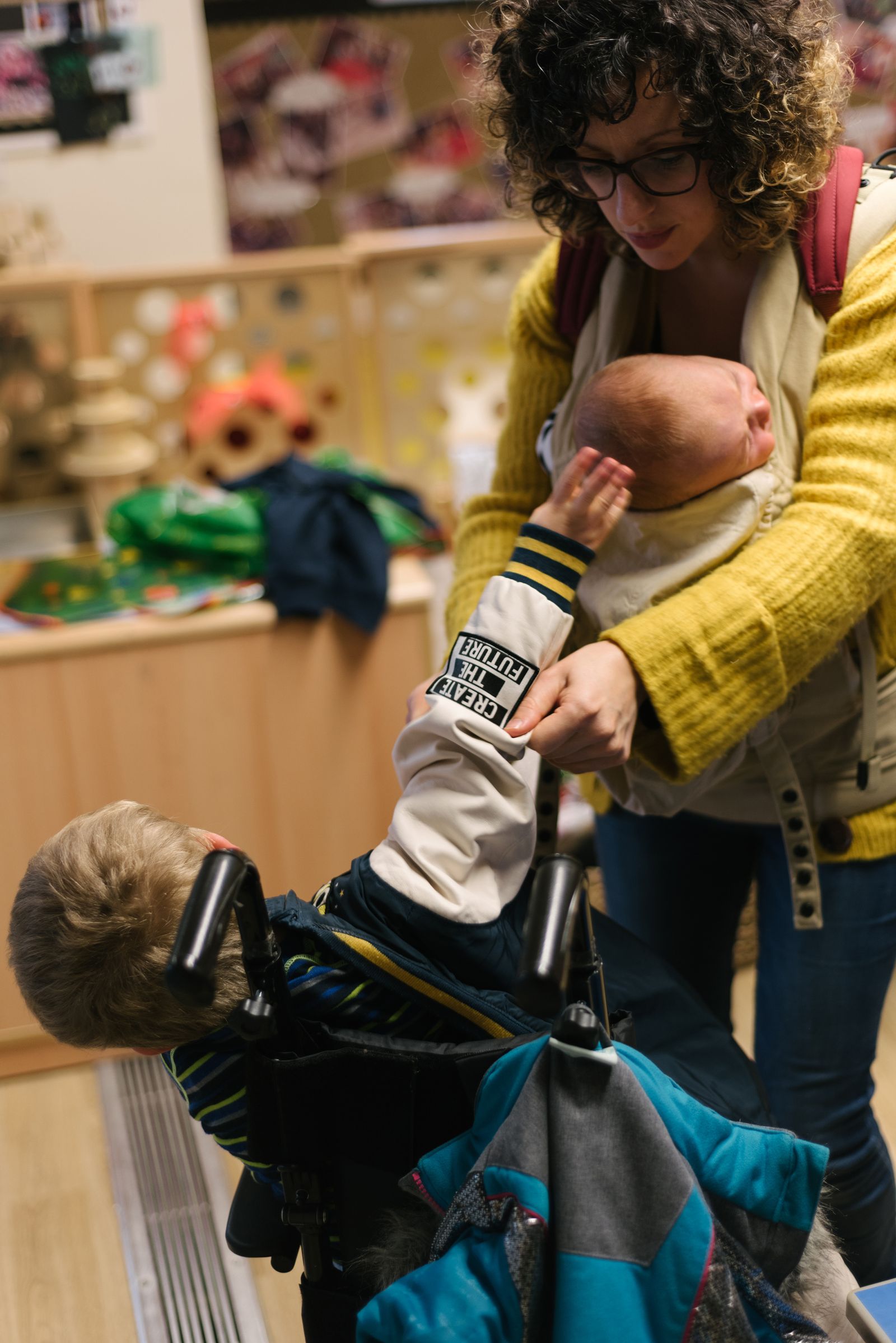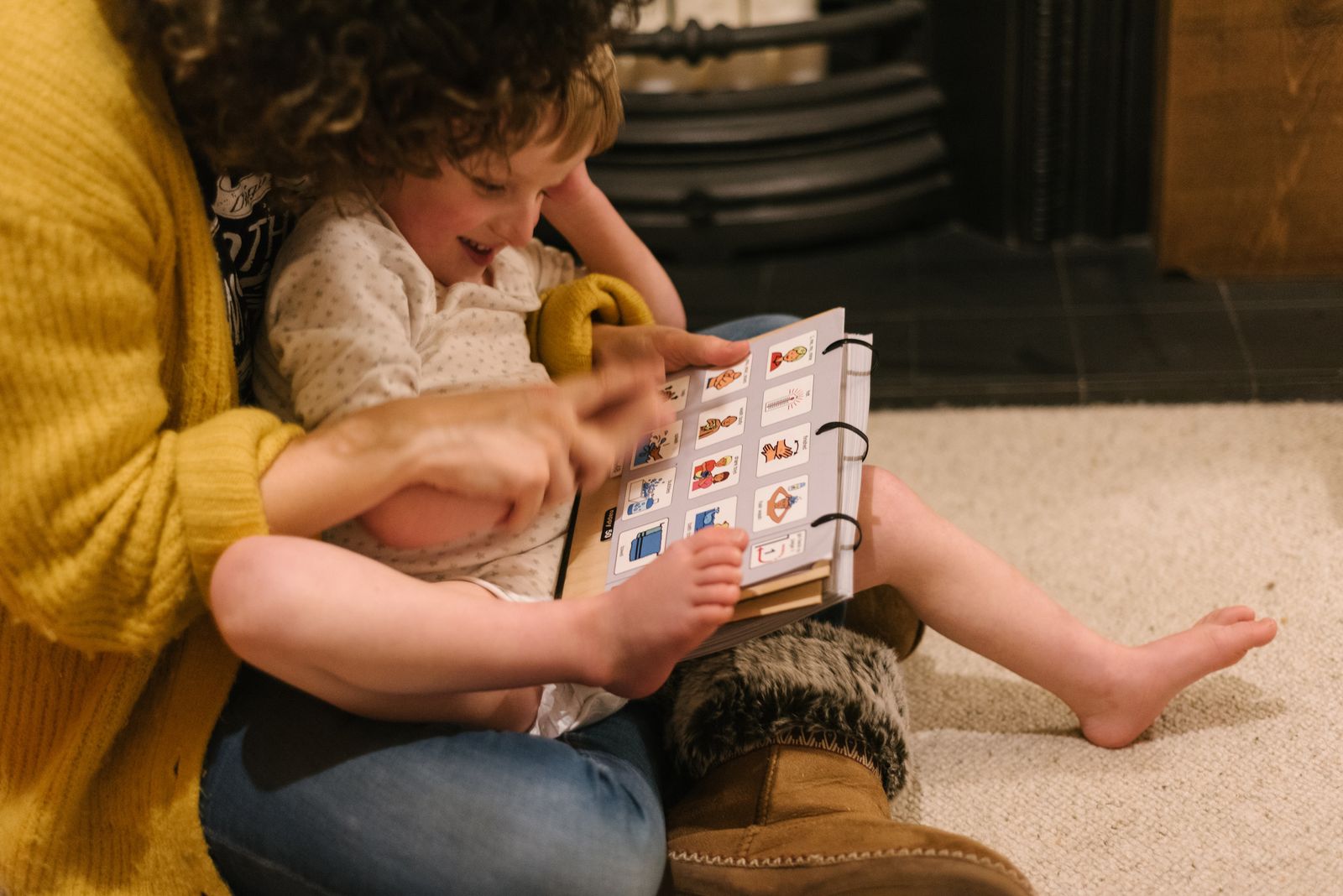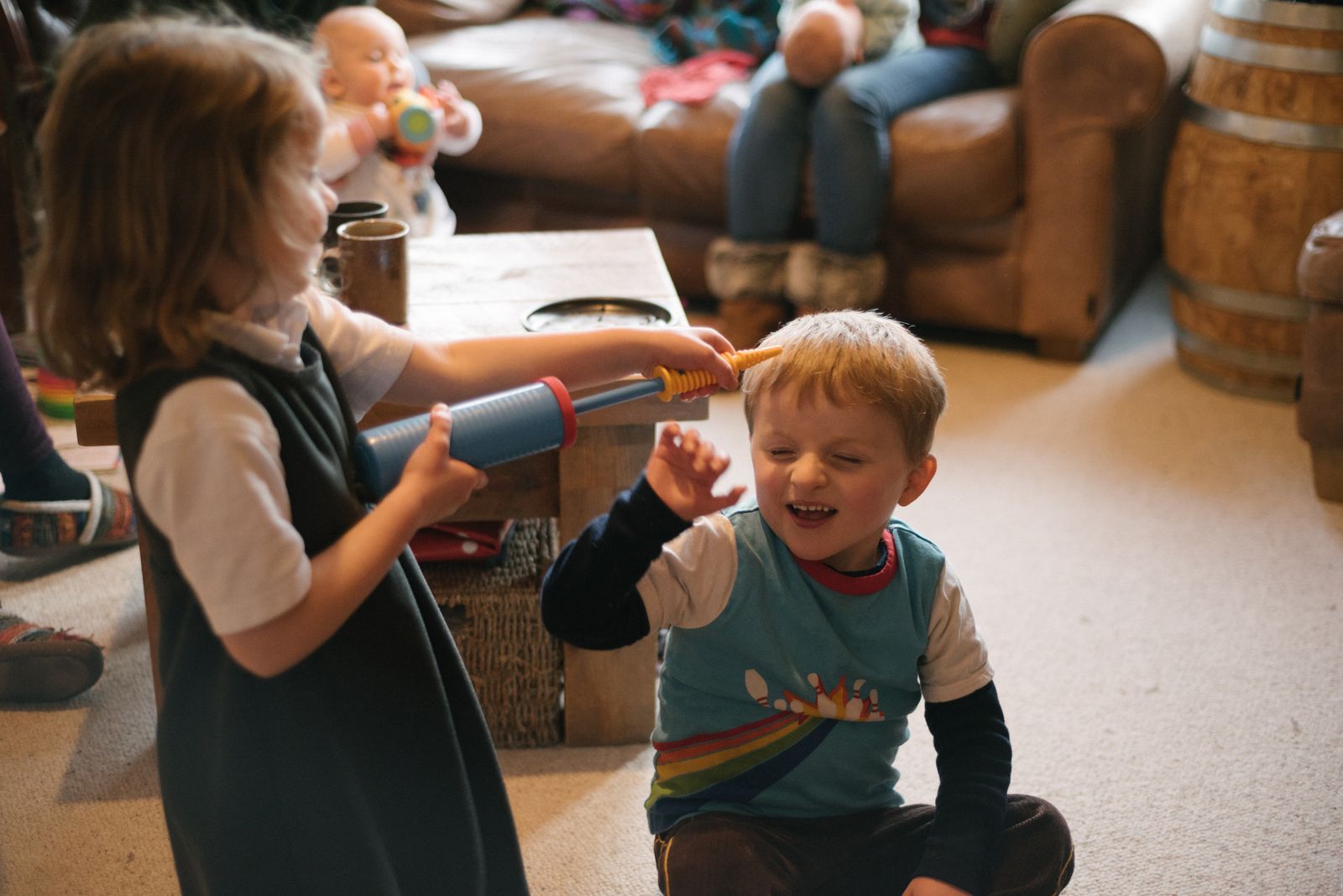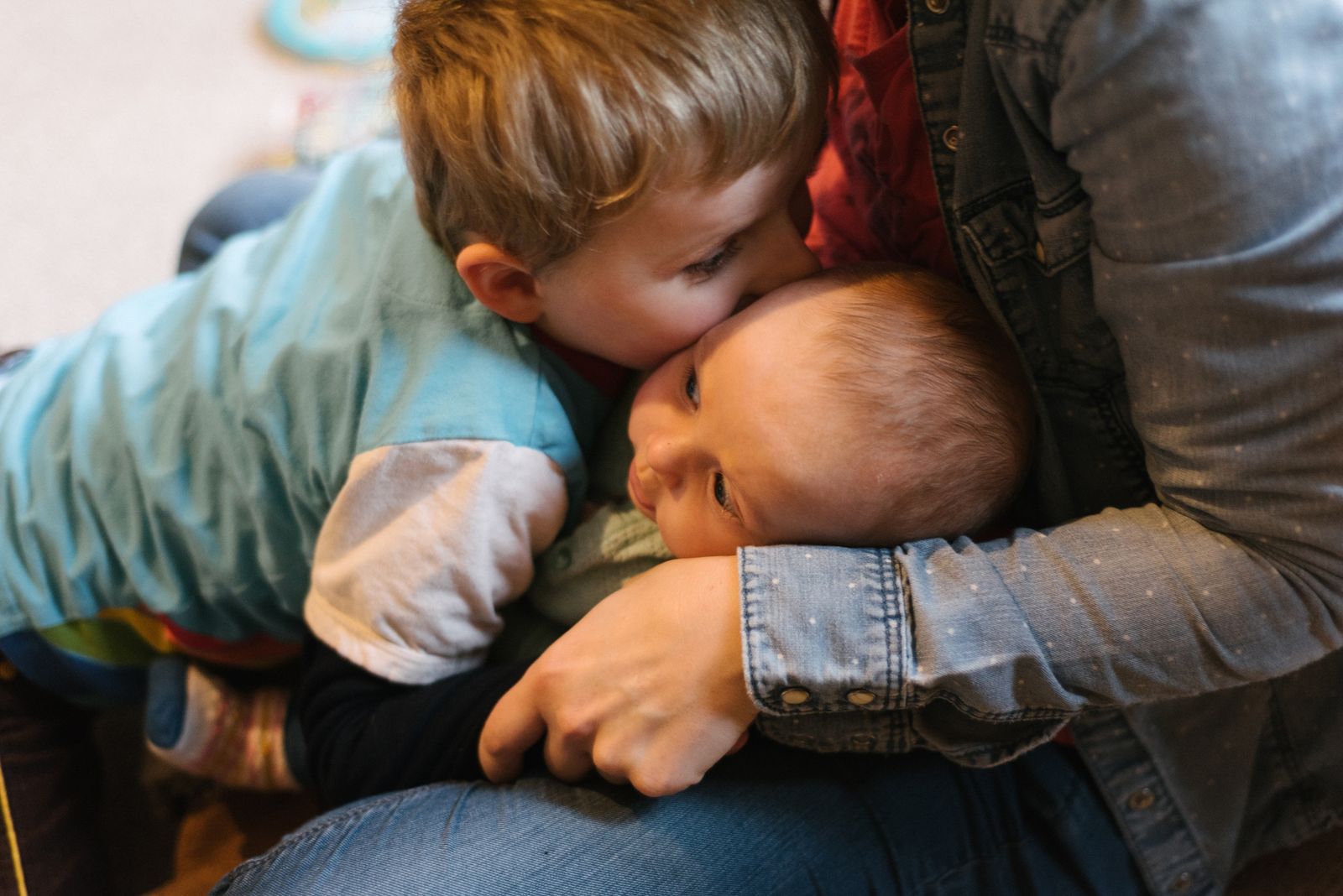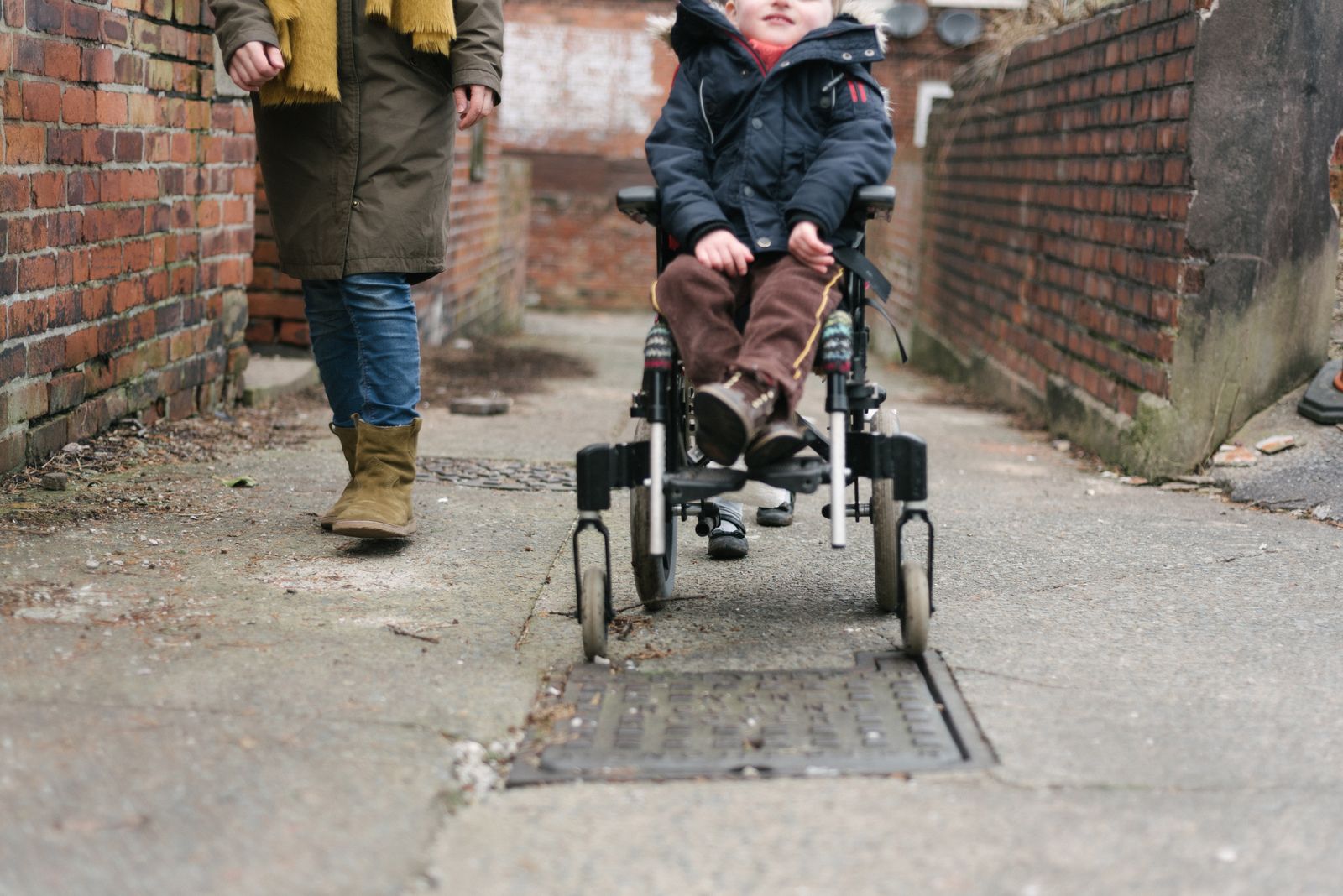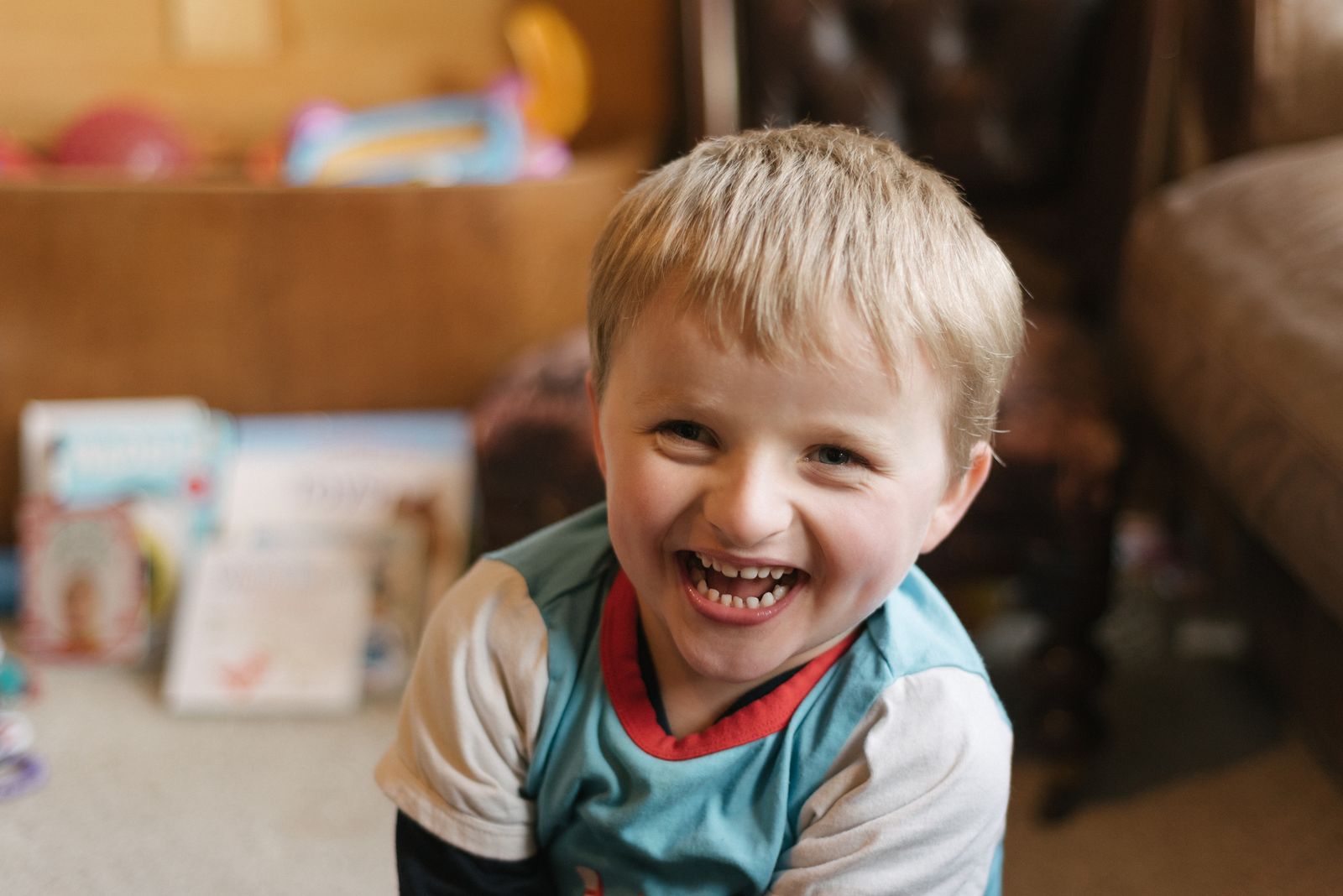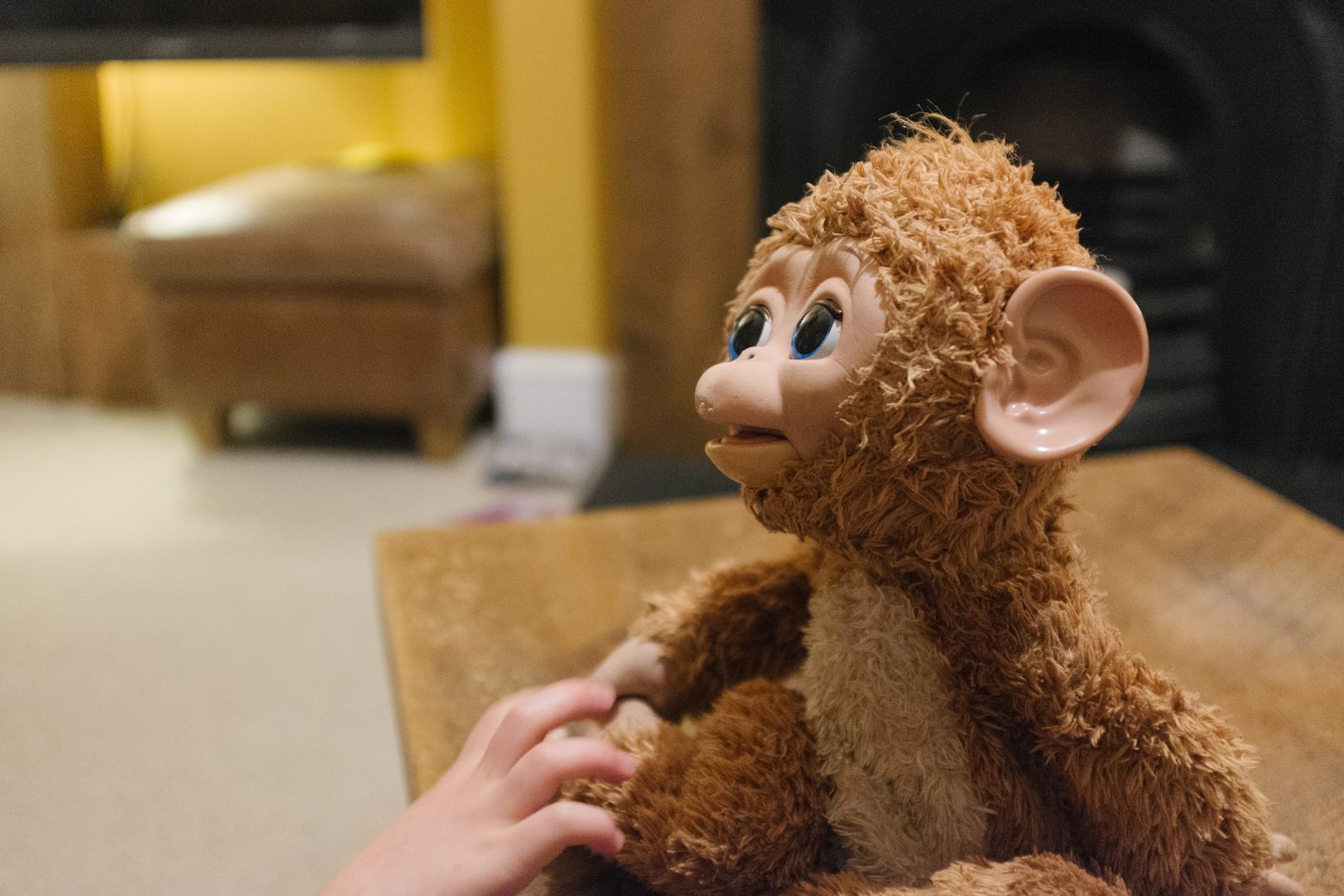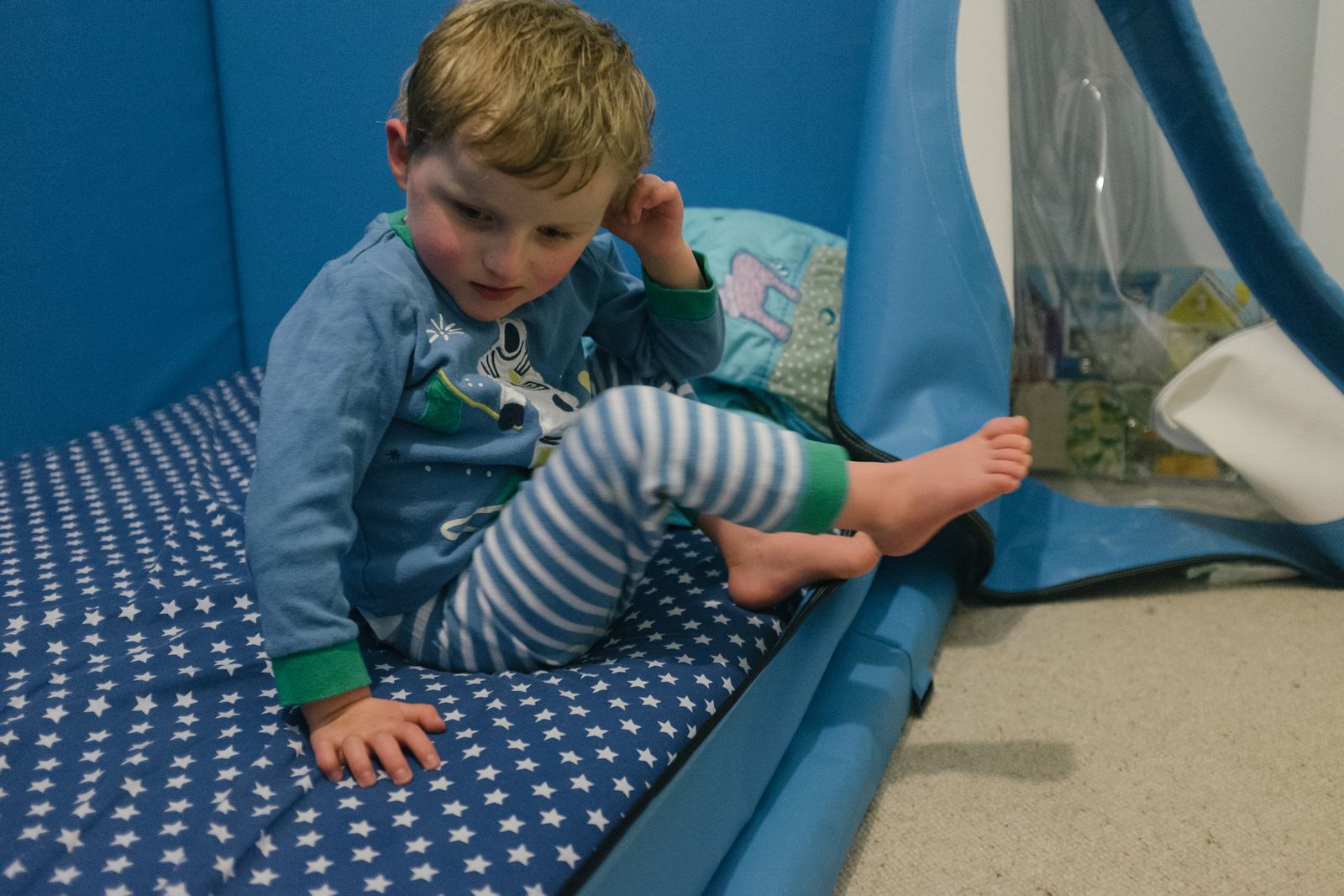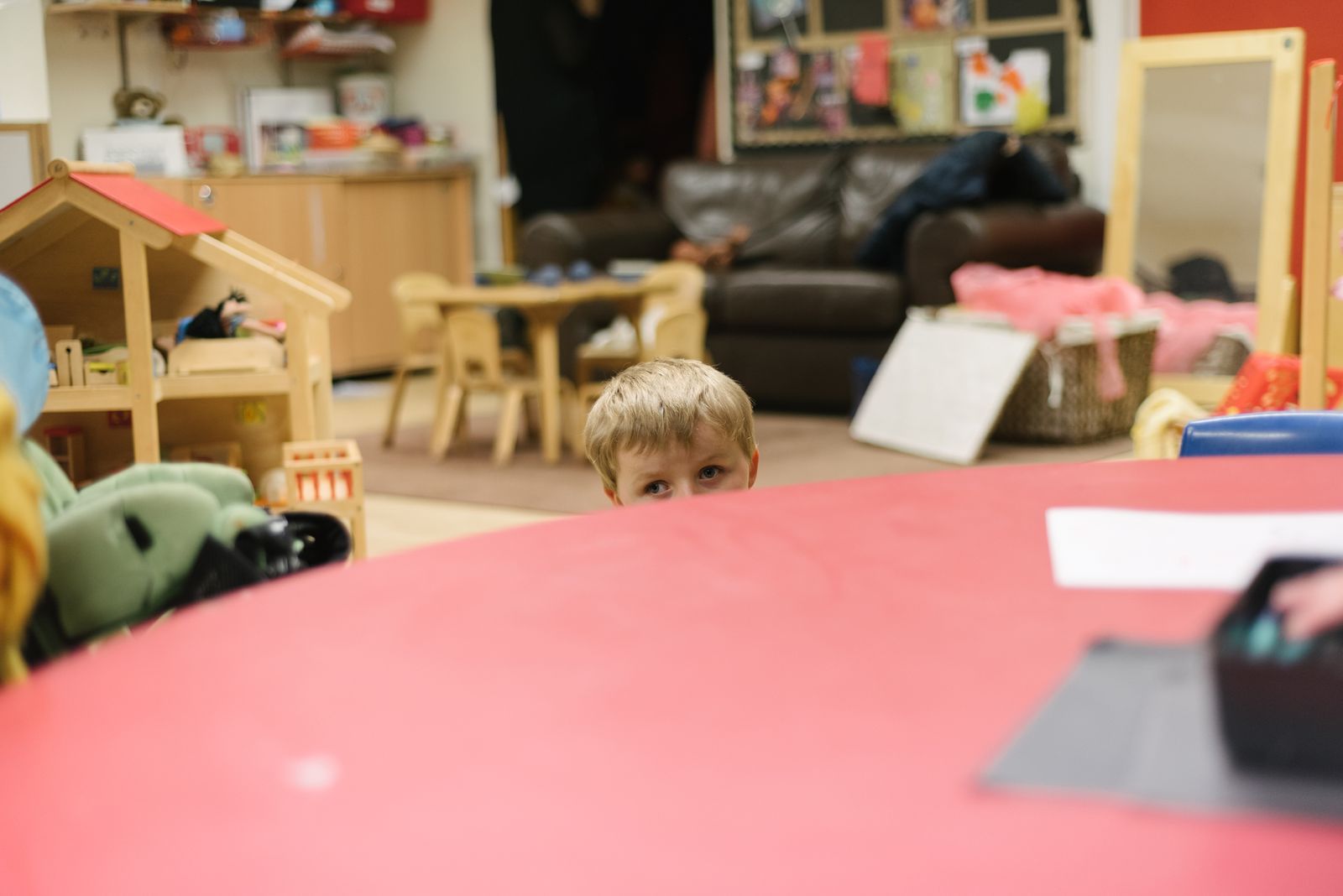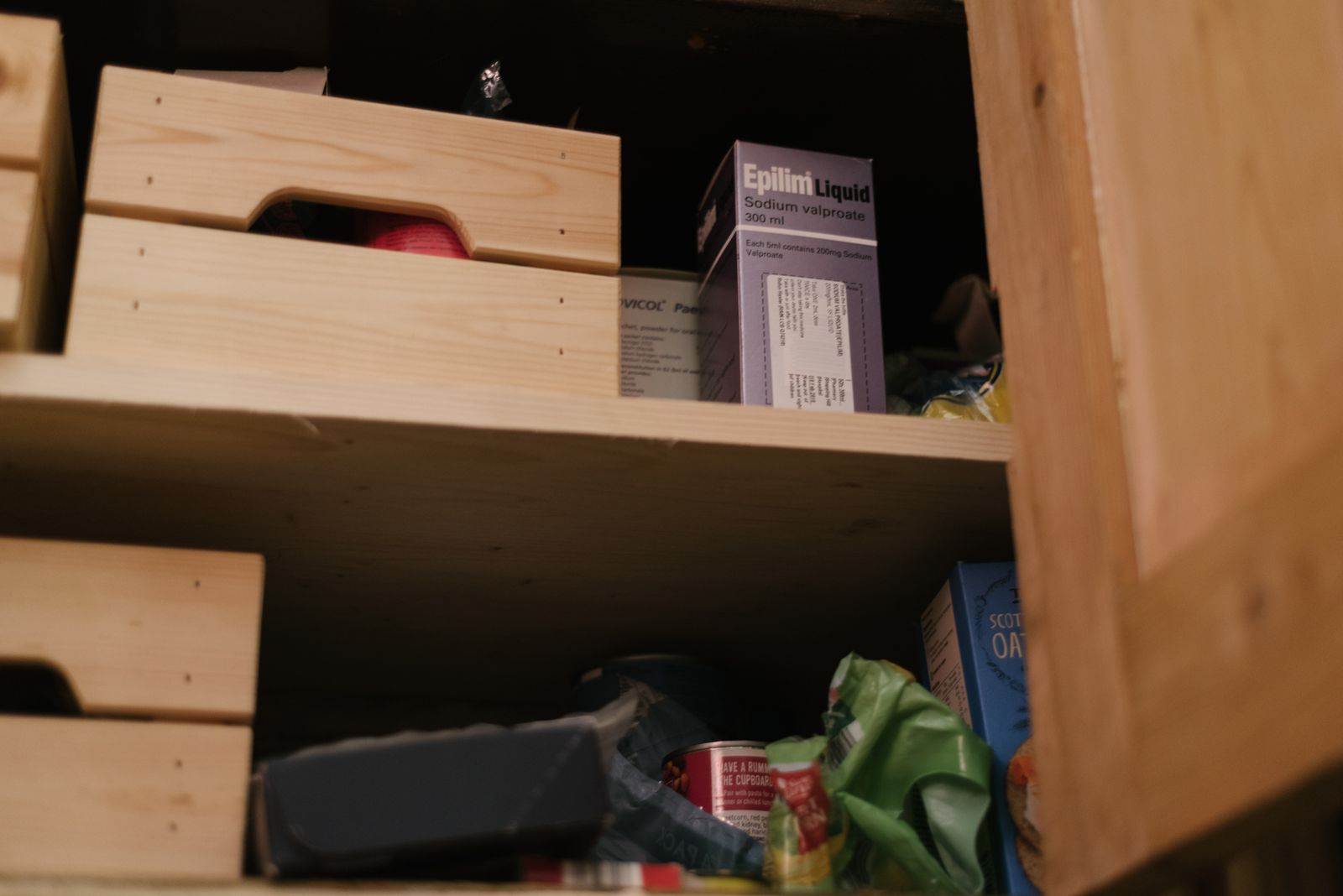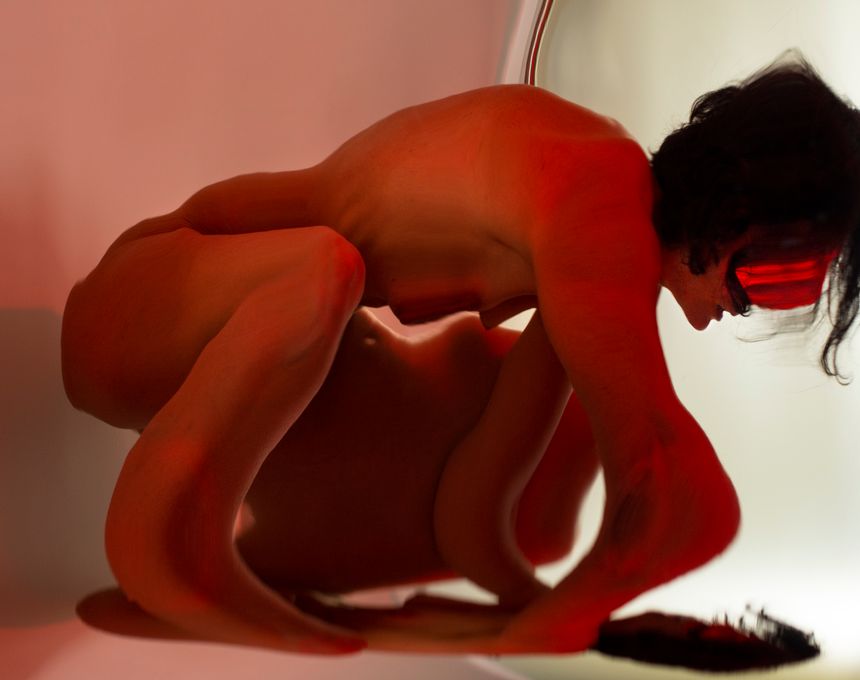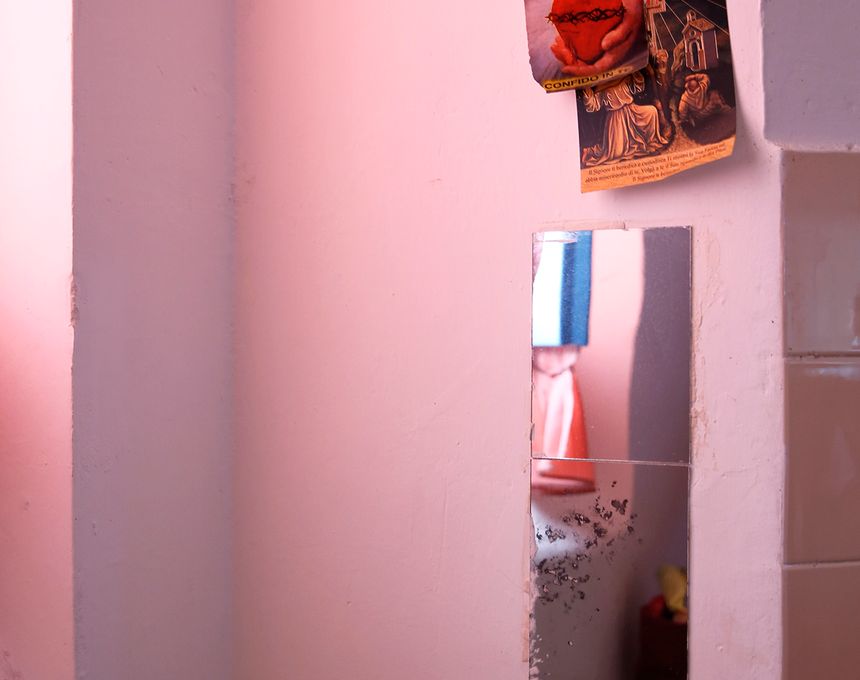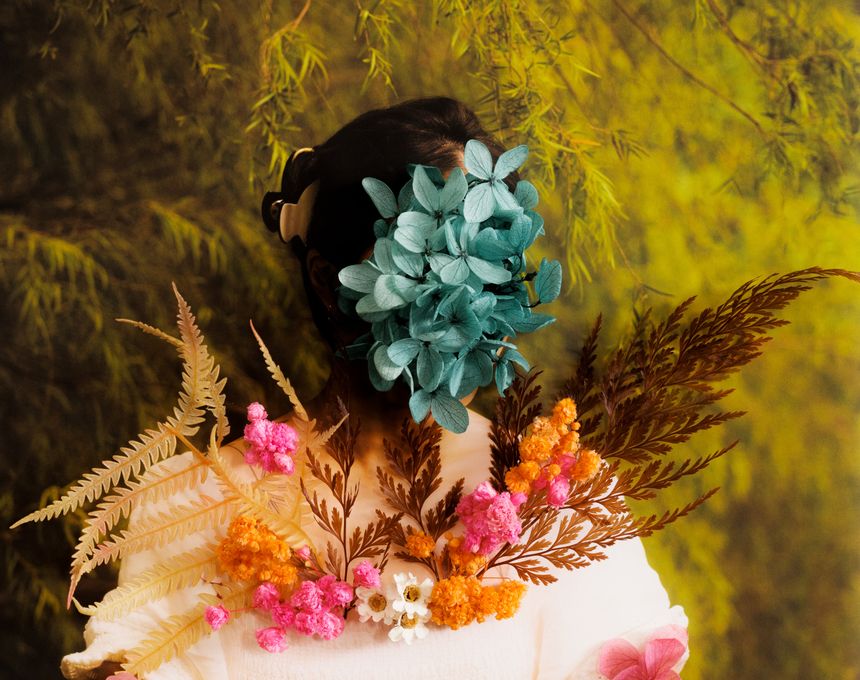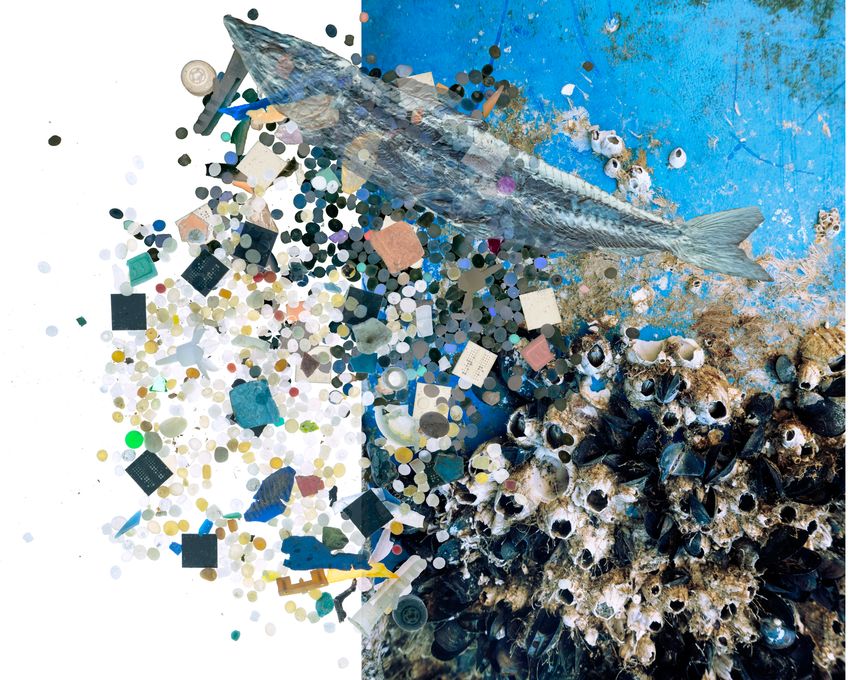An Angel's Life
-
Dates2018 - 2018
-
Author
- Location Manchester, United Kingdom
Rufus was born with Angelman Syndrome, a genetic disorder with severe learning difficulties. Such conditions are usually framed in a purely negative light, ignoring people’s unique personalities and the joy they bring. This close, intimate study aims to remove some of the stigma of disability.
When Rufus was diagnosed with Angelman Syndrome (AS) at 14 months old, his parents felt they had been handed a life sentence. The medical discussion was shrouded in negativity, with doctors informing them of all the things he wouldn't be able to do, but nobody telling them about how life would change for the better.
AS is caused by a small part of the 15th chromosome is missing. Only approximately 1 in 20,000 children are affected. There is currently no cure and Rufus will require life-long care and many therapies to improve his communication and mobility problems. But alongside the challenging characteristics of the disorder, people with AS also show an unusual amount of joy (the disorder used to be called ‘Happy Puppet Syndrome’). They have excitable, happy demeanours and infectious smiles. Rufus also brings his unique personality which doctors, of course, could never predict.
His mum, Lucy, sees it as a choice to focus on the privileges instead of the hard work: ‘I love the way he is completely smitten with me and his Dad. I love the ability he has to slow life right down. Our lives are richer, bigger, better, and fuller because of our precious little boy. Fear and inconvenience are there but they’re not winning.’
Rufus’ disability has challenged his parents’ understanding about life in many positive ways. He has helped them slow down and savour the moment. He has brought perspective in what is a typically competitive society – where we compare ourselves to others, he defies comparison with his peers. He is affectionate and loves brightening strangers’ days with his smiles, challenging the idea that a person’s value is based only on their ability to contribute economically.
Without minimising the challenges that living with disability presents, I hope to show a fuller picture of their family life that incorporates both the joys and sorrows, smiles and fear, the ways their home has been adapted to fit the equipment Rufus needs, as well as the ways their social groups have adapted.
As technology for pre-natal screening advances, parents are able to find out about serious conditions earlier. In some cases parents are actively pressured to consider terminating (healthtalk.org, 2017) and in Iceland the vast majority of women receiving a positive test for Down’s Syndrome now choose to terminate.
The way the discussion is currently framed around both diagnosis and screening means parents can be led to think that a disability is the end of the world. This project aims to open up discourse to include the ways parents cope with the challenges, removing some of the stigma and fear of disability.
